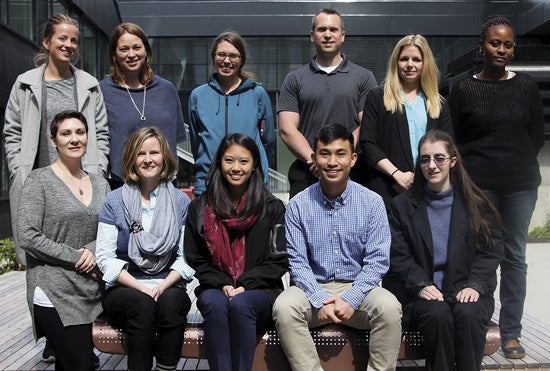What Norway Can Teach Us About Aging

Norway is famous for its fjords, midnight sun and Nobel Peace Prize, but it’s also the best country in the world in which to grow old.
A very young group of University of Rhode Island students explored that fact during a weeklong summer trip to Norway’s Bergen University College to study aging and health care among the elderly. The trip was the culmination of an online course co-taught by Phillip Clark, a URI gerontology and human development professor who accompanied the students. Here are some of his insights:
Successful aging requires a lot of different factors, and Norway seems to do well on all of them. For example, older Norwegians have high-income security through a generous universal pension system. They also benefit from a health care system that supports all Norwegians from the time they are born.
The United States ranks 8th in the world for aging, behind some of the other Scandinavian countries, Germany and Canada, but ahead of the UK and France. We score relatively low on two key indicators: Many older Americans try to make ends meet with only their modest Social Security benefits; and because we don’t have adequate health care provided to Americans under age 65, many people get to old age without having a lifetime of access to good health care.
Norway’s innovative programs include having sheep and chickens at a nursing home for the residents to interact with, and placing older adults with dementia on small working farms to participate in activities they remember from childhood.
 Home
Home Browse
Browse Close
Close Events
Events Maps
Maps Email
Email Brightspace
Brightspace eCampus
eCampus


